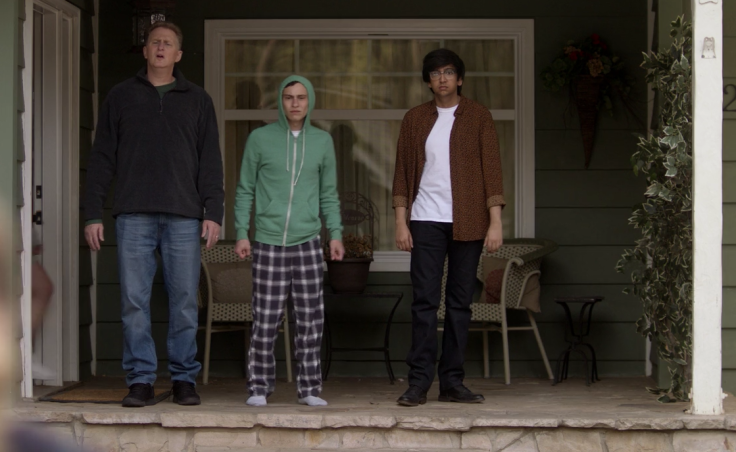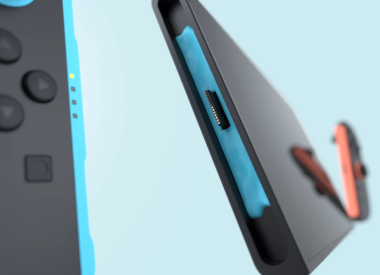Atypical is the latest original offering on Netflix. The series follows Sam, a young man with autism, as he navigates his high school love life. Stand-up comedian Nik Dodani plays Sam’s best friend, Zahid. They both have part time jobs at Techtropolis, and it’s there Sam (Keir Gilchrist) receives some well-intentioned romantic advice from his socially awkward best friend. Dodani’s character might even be perceived by audiences as more ‘atypical’ than Sam, whose obsessive interest in penguins is less socially jarring than Zahid’s offhand remarks about picking up women.
"Zahid is a total wierdo. He’s the guy who tries really hard to act cool and really hard to be funny, but does not hit the mark all the time,” Dodani told Player.One. "That’s why Zahid and Sam get along. They are both quirky and have similar troubles in the sense of interacting socially with people. They handle those things differently, but that’s part of the reason they become close friends."
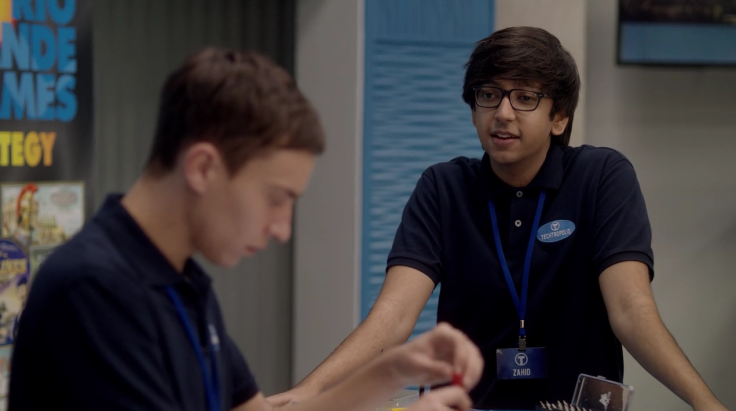
Atypical is sad, edgy, dark, but also funny largely due to the comedic relief of Dodani’s character and Sam’s sister, Casey (Brigette Lundy-Paine). But what strikes Dodani the hardest is the realness. Yes, Atypical shows, from Sam’s perspective, what it’s like to have autism—even exploring harrowing experiences like standing in the hallway with a group of teenagers staring at you and laughing because you’re different. However, the series also explores the impact of autism on a family.
“For me, it was most eye-opening to see the story of a family of someone who is on the autism spectrum. The show really goes into the storyline of the mom, dad and sister," Dodani said. "Seeing the story of the family opened my eyes to the experience of so many people across the country. It’s a growing number. It’s a story we don’t really see on television.”
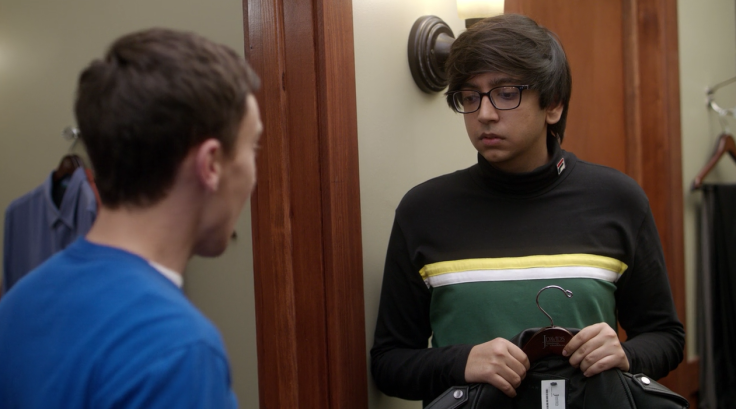
Autism is one of the fastest growing developmental disorders in the United States. The Centers for Disease Control and Prevention (CDC) estimates 1 in 68 children have autism. Certain scenes in Atypical may be difficult for some viewers to digest, especially because it’s told in first person, but that’s why Dodani thinks the creative team decided to make it a comedy.
"The show is sweet and heartwarming, but it’s also very real,” Dodani said. "Sharing a laugh with someone is such a great way to bond and when you are talking about serious subjects like autism it’s good to inject some humor into it because it makes it more palpable and relatable. In my stand up, I talk about issues like race and sexuality. Nobody wants to hear me on stage lecturing them, but I think if I’m making jokes they can relate and let their guard down a little bit. That’s what happens with the show, people let their guard down and really absorb the story and see things from a perspective that they have never seen things from otherwise.”
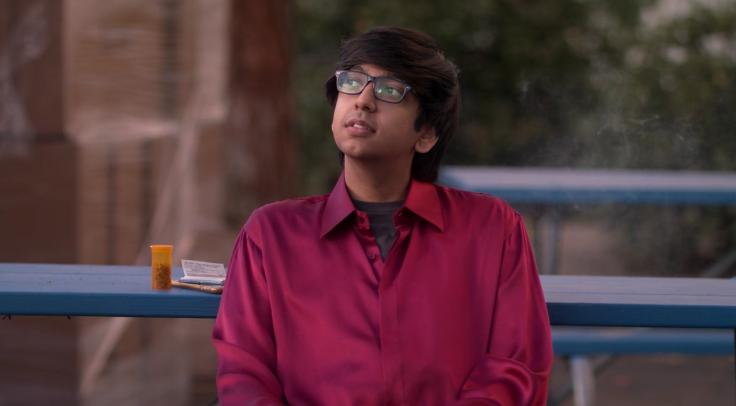
Defining how someone handles daily challenges is tricky because of the wide range of personalities and varying capabilities of people on the autism spectrum. This was a difficult task for a series focused on just one experience, especially when it comes to certain stereotypes. Dodani points to the saying, “Once you meet one person on the spectrum, you’ve met one person on the spectrum."
"As an Indian American actor and an openly gay man, the issues of representation and stereotypes are really personal to me. It’s really important the shows that I watch and work on have that same sensitivity. The show does a good job of portraying this one kid’s experience,” he said.
While playing Zahid, Dodani identified with the character of Sam by drawing from other struggles and traits the two share.
"The way that the show was written is in a way that people who are not on the spectrum can relate to folks who are,” he said. “Most folks at some point in their life have felt different from people around them, so by focusing on the things we have in common, our struggles in connecting with people and communicating and social anxiety in that sense, it allowed me to connect with the character of Sam.”
Atypical is streaming now on Netflix.

